Why we use inactive postbiotics (inactive Lactobacillus acidophilus) in our diets?
Inactive postbiotics represent a safe, stable, and effective means of enhancing gecko health through their food. Postbiotics are bioactive compounds produced during the fermentation process by probiotics (beneficial bacteria) in the gut. Unlike probiotics (live bacteria) and prebiotics (food for those bacteria), postbiotics are the metabolic byproducts of probiotic activity. These compounds can include short-chain fatty acids (SCFAs), enzymes, peptides, cell wall fragments, and metabolites which all play vital roles in the health of your gecko. The key functions they carry out in the gecko’s body are:
Boosting Immune Function
The gut is closely linked to the immune system, and maintaining its balance is key to a healthy immune response. Inactive postbiotics contain components like lipoteichoic acids and peptidoglycans, which can help modulate the immune system. These components stimulate the gecko’s immune defences without the risks that come with live probiotics, such as overgrowth or contamination. For geckos, this can lead to fewer infections and a stronger resistance to common illnesses.
Enhanced Digestive Health
Geckos, like other reptiles, can sometimes experience digestive issues, especially in captivity. Inactive postbiotics can help improve gut health by supporting the balance of beneficial bacteria in the digestive system. Even though the bacteria are no longer alive, the bioactive metabolites they produce—such as short-chain fatty acids, peptides, and enzymes—remain intact. These metabolites can promote a healthy gut environment, facilitating smoother digestion and nutrient absorption.
Enhancing Nutrient Absorption:
Postbiotics can enhance the absorption of important nutrients, such as calcium and magnesium, by influencing the permeability and transport mechanisms of the gut lining. This contributes to overall better mineral utilization by the body. This of course aids in guarding against such conditions as metabolic bone disease (MBD).
Improved Skin and Shedding
A healthy gut is often reflected in the external health of an animal, and geckos are no exception. Crested geckos will periodically shed their skin, a balanced gut microbiome can lead to healthier skin and fewer shedding complications. Postbiotics can improve nutrient absorption, ensuring that the gecko receives the vitamins and minerals needed for healthy skin and smoother, more efficient shedding.
Stress Reduction
Captive geckos can experience stress due to changes in their environment, improper handling, or during shedding. Stress can negatively affect the gut and overall health. By promoting gut homeostasis, inactive postbiotics may reduce the physiological impacts of stress, such as poor appetite or vulnerability to disease.
Safety and Stability
One of the key benefits of inactive postbiotics is that during the process of creating them known as tydallization all harmful and potentially pathogenic organisms in the postbiotics are killed off while retaining their beneficial effects. This makes inactive postbiotics safer than live probiotics, especially for reptiles with sensitive systems. Unlike live probiotics, which contain live bacteria, postbiotics are the beneficial byproducts of bacterial fermentation. These inactive compounds don’t pose the risk of introducing live bacteria into your gecko’s system, which can sometimes lead to digestive imbalance or harmful bacterial overgrowth. Additionally, postbiotics bypass the complexities of prebiotics, which require precise gut conditions to be effective. By offering inactive postbiotics, gecko diets can safely provide health benefits like immune support without the potential risks associated with live microorganisms.
Additionally, inactive postbiotics are shelf-stable, meaning they do not require refrigeration and have a longer lifespan. This makes it easier to incorporate them into gecko food without the risk of spoilage.
Reduction of Pathogenic Bacteria
In the wild, geckos are naturally exposed to a range of microorganisms, but in captivity, they are more susceptible to imbalances in their gut flora. Inactive postbiotics can help reduce the growth of harmful bacteria by promoting a more balanced gut environment. Some postbiotics have antimicrobial properties, which can actively suppress the growth of pathogens, reducing the likelihood of infections like salmonella or parasitic overgrowths that can be detrimental to gecko health.
